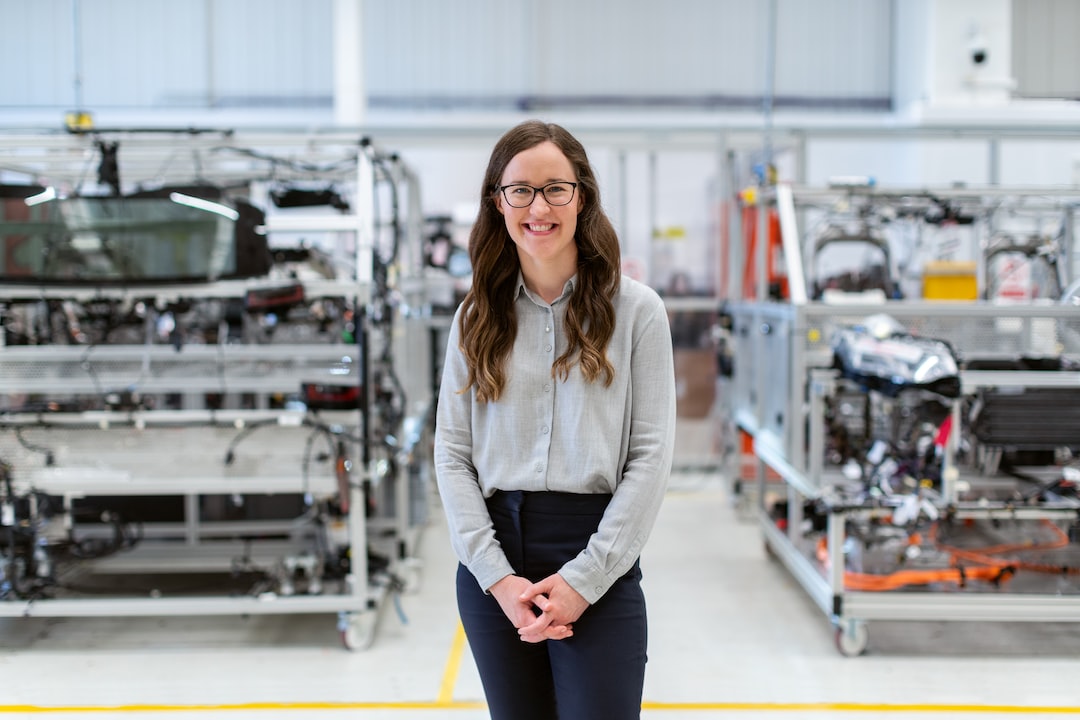The Future of Manufacturing: Innovations and Trends to Watch
Manufacturing has come a long way since the industrial revolution. From the first assembly lines to automated production systems, the industry has constantly evolved and adapted to new technologies. However, we are now entering a new era of manufacturing, one that is driven by innovation and cutting-edge technology. In this blog post, we will explore some of the most exciting innovations and trends that will shape the future of manufacturing.
1. Internet of Things (IoT) and Connected Systems:
The IoT has already started to revolutionize various industries, and manufacturing is no exception. By connecting machines, sensors, and devices, manufacturers can monitor the entire production process in real-time. This enables them to gather valuable data and insights, optimize operations, and prevent breakdowns or delays. Connected systems also allow for better collaboration between humans and machines, ultimately increasing productivity and efficiency.
2. Additive Manufacturing:
Also known as 3D printing, additive manufacturing is a technique that fabricates objects layer by layer using digital models. It has already made a significant impact in prototyping and small-scale productions. However, with advances in materials and processes, additive manufacturing is poised to become a reliable and cost-effective method for mass production. Its ability to create complex shapes and reduce waste makes it a promising technology for the future of manufacturing.
3. Artificial Intelligence (AI) and Machine Learning:
AI and machine learning have the potential to transform not only manufacturing but almost every aspect of our lives. In manufacturing, AI can be utilized for predictive maintenance, quality control, supply chain optimization, and even product customization. By analyzing vast amounts of data, AI systems can identify patterns, detect anomalies, and make autonomous decisions, leading to improved efficiency and productivity.
4. Robotics and Automation:
Robots have played a significant role in manufacturing for decades, but recent advancements have made them more intelligent, flexible, and collaborative. With the integration of AI and machine learning, robots can perform complex tasks with precision and adapt to changing environments. The use of cobots (collaborative robots) allows humans and robots to work together safely, leveraging each other’s strengths. Automation, powered by robotics and AI, will continue to streamline manufacturing processes, reduce costs, and improve quality.
5. Digital Twins and Virtual Reality:
Digital twins are virtual models that replicate physical products, processes, or systems. Using real-time data, manufacturers can simulate and test their products before the actual production begins. This reduces the need for physical prototypes and helps in identifying and resolving any issues early on. Additionally, virtual reality (VR) can be used to train workers, simulate complex scenarios, and enhance collaboration between teams. The combination of digital twins and VR enables manufacturers to optimize their operations and improve overall productivity.
6. Sustainable and Environmentally-friendly Practices:
As the world becomes increasingly aware of climate change and resource depletion, manufacturers are under pressure to adopt more sustainable practices. Innovations such as energy-efficient manufacturing processes, recyclable materials, and waste reduction techniques are gaining momentum. The future of manufacturing will prioritize the circular economy, where products are designed for recyclability, and waste is minimized through efficient supply chain management. Sustainability will not only benefit the planet but also create new business opportunities and attract environmentally-conscious consumers.
The future of manufacturing is undoubtedly exciting, but it also comes with its own set of challenges. The rapid adoption of these technologies requires a skilled workforce capable of harnessing their potential. Therefore, it is crucial that educational institutions and businesses collaborate to prepare the next generation of manufacturers.
In conclusion, the future of manufacturing is set to be driven by innovations such as the Internet of Things, additive manufacturing, artificial intelligence, robotics, digital twins, and sustainable practices. By embracing these trends, manufacturers can unlock new levels of efficiency, productivity, and sustainability. The future is here, and it is up to us to shape it through our innovative approaches and forward-thinking strategies.

